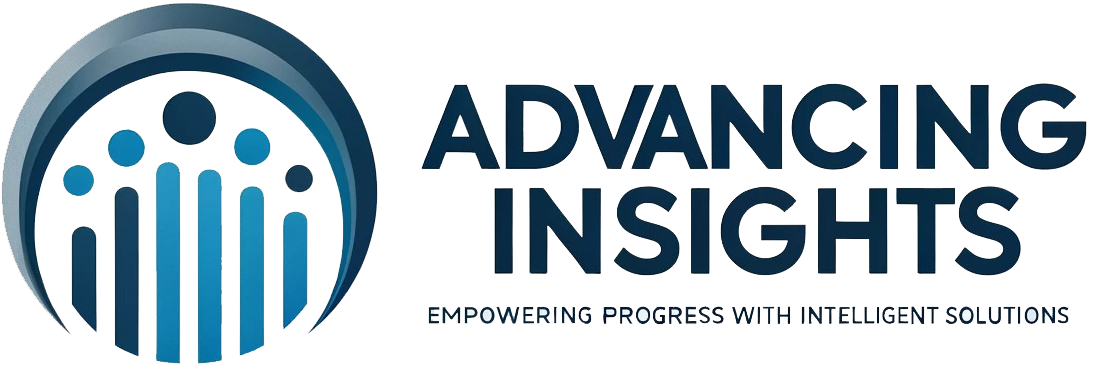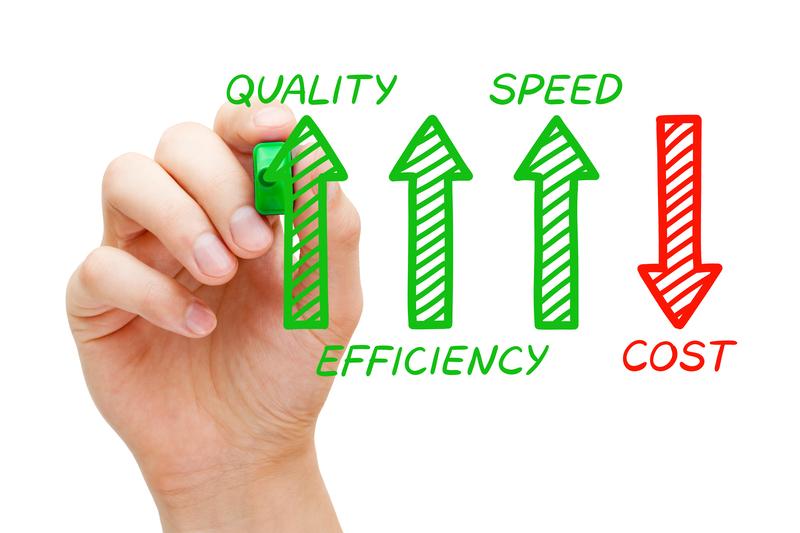AI (Artificial Intelligence) can be a valuable addition to a SaaS (Software as a Service) development project
AI (Artificial Intelligence) can be a valuable addition to a SaaS (Software as a Service) development project, enhancing various aspects of the product. Here are several ways AI can be used in SaaS development:
AI can analyze user behavior and preferences to personalize the user experience. For example, an e-commerce SaaS platform can use AI to recommend products based on a user's browsing and purchase history, increasing user engagement and sales.
Implementing AI-powered chatbots or virtual assistants can enhance customer support and user interactions. These bots can answer common user queries, provide product information, and even perform tasks within the SaaS application.
AI can process and analyze large datasets to provide valuable insights to users. SaaS analytics platforms can use AI to uncover trends, anomalies, and predictions that help businesses make informed decisions.
In SaaS products that involve physical hardware or equipment, AI can predict maintenance needs. For instance, in a SaaS solution for industrial equipment, AI can analyze sensor data to predict when machinery requires servicing or repairs, reducing downtime.
AI can enhance security in SaaS applications by detecting and responding to threats in real-time. It can identify unusual patterns of user behavior that may indicate a security breach and take proactive measures to protect user data.
NLP techniques enable SaaS applications to understand and process human language. This can be used in chatbots, sentiment analysis of user reviews, and even for data entry tasks.
For SaaS products that involve multimedia content, AI can analyze and categorize images and videos. This is useful in content management systems, e-commerce platforms, and social media management tools.
AI-powered recommendation engines can suggest content, products, or actions to users based on their preferences and behaviors. This is commonly seen in streaming services, e-commerce, and news aggregation platforms.
AI can automate repetitive tasks within the SaaS application, saving users time and reducing human error. For example, in project management software, AI can automate task assignment and scheduling.
NLG can be used to automatically generate reports, summaries, and content. SaaS products that involve data analysis can use NLG to create human-readable reports from raw data.
AI can improve the accessibility of SaaS products by providing features like speech recognition, screen readers, and language translation, making the product more inclusive for users with disabilities.
AI can assist in testing and quality assurance processes by automating test case generation, identifying code issues, and ensuring the robustness and reliability of the SaaS application.
In financial and e-commerce SaaS products, AI can detect fraudulent activities by analyzing transaction data and user behavior, helping to prevent financial losses.
Incorporating AI into a SaaS development project requires a clear understanding of the specific use cases and goals. It also involves selecting the appropriate AI technologies, data collection, and continuous improvement to ensure that AI enhances the user experience and provides tangible benefits to both the SaaS provider and its users.





